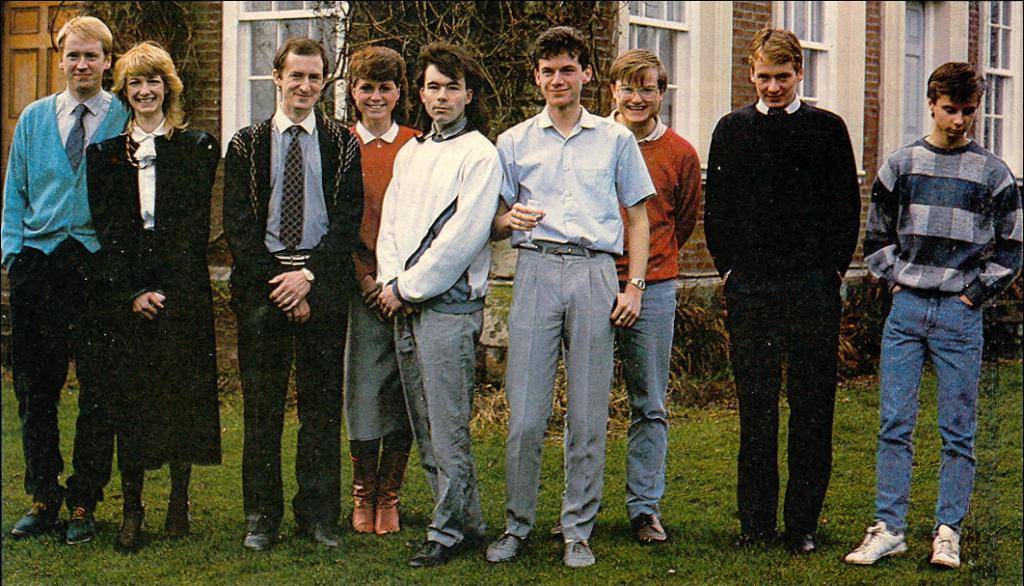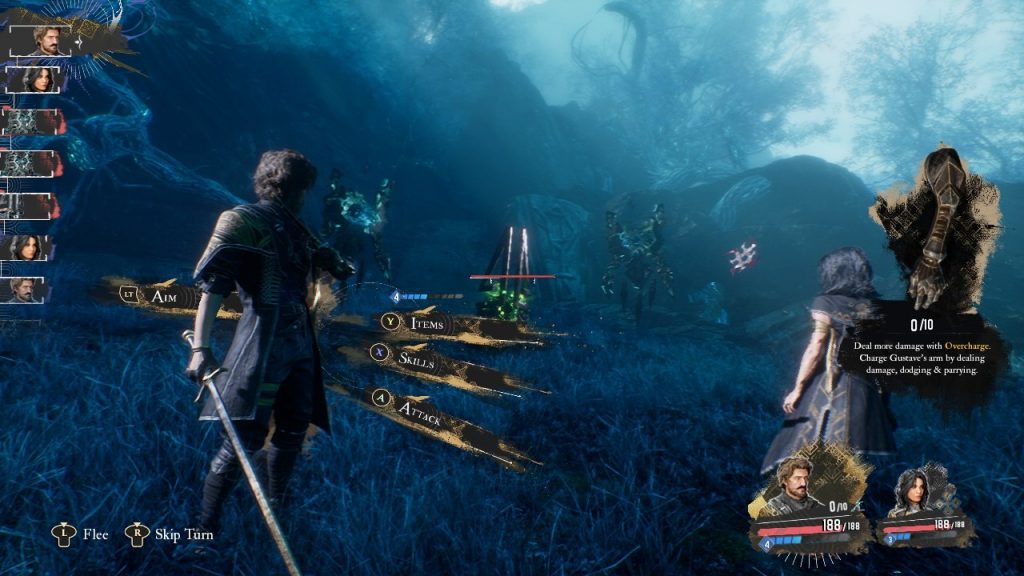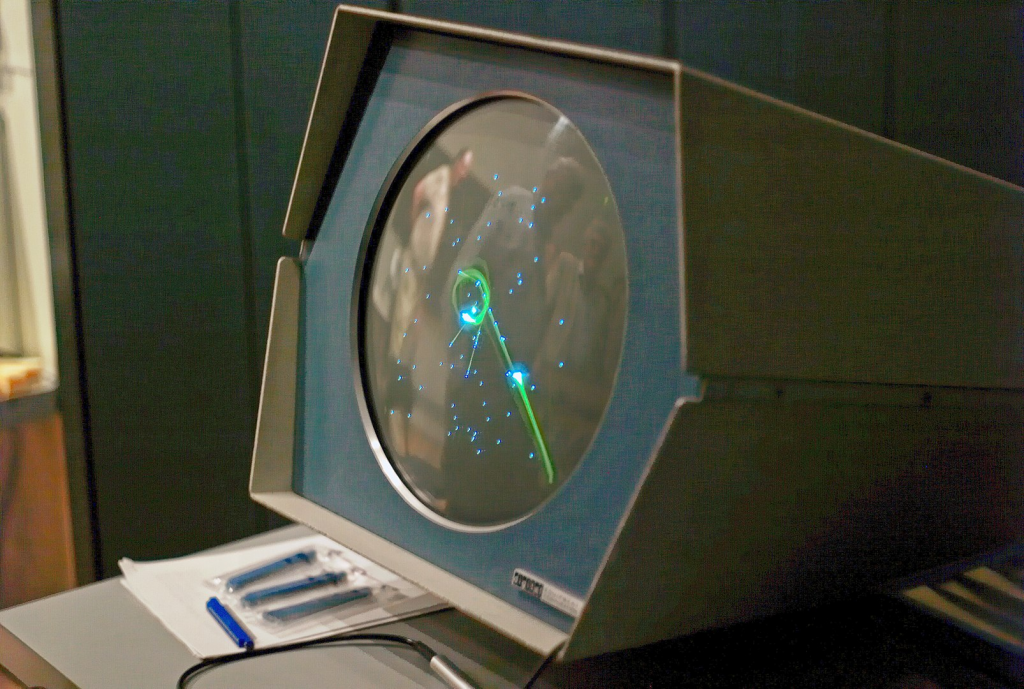Following the massive layoffs across Microsoft and its gaming division, many questions arise. What are the reasons you get excited about a new project in your career? Do you look forward to the promotion it might lead to? The collaboration with your peers? The challenge? The creativity it takes to solve tough problems?
What makes you want to do more than just finish a task—what drives you to do it exceptionally well? To exceed the expectations of the person who assigned it?

Reasons Creatives Are in Game Development
Do you think leads on projects like Clair Obscur: Expedition 33, Death Stranding, Baldur’s Gate 3, and Kingdom Come: Deliverance 2 ponder when starting production on a project? Do you think about the energy in those development spaces? Furthermore, what do you think would be the answer if you interviewed those teams during production and asked them what the future holds for their teams and how they felt about the projects they were working on?

Take 30 seconds to imagine it — the energy and atmosphere of development for some of our most beloved, iconic games and franchises.
Now shift your imagination to the time and space that’s any studio under Xbox in 2025, after yet another round of layoffs at Microsoft affecting over 9,000 people. How can you picture all of that changing?
A Personal Perspective on the Xbox Layoffs
I don’t have to picture it. I’ve never worked for Microsoft or Xbox, but I do work in tech, in Silicon Valley. I just survived my company’s third round of layoffs. My original team? Mostly gone. My role? Reassigned. I’m in a different department entirely.
I have fresh experience with how big layoffs change things. I know how it changes everything.
For months, I could barely get myself to do anything at work. Even saying I was “going through the motions” would be generous.
Breaking Down the Grind
My team—engineers—we’re salaried. We don’t clock forty-hour workweeks. We don’t get paid overtime. We’re paid well, and in return, we work however long it takes to make our equipment and our projects successful. When things go well, we get bonuses. That’s our buy-in. Buy-in is critically important in any enterprise.
That’s why one of my teammates showed up at 7:30 a.m. on a company holiday and worked fourteen hours straight with vendors on one of her machines. Despite that, two weeks later, she was let go without warning. She had sixty days to find a new job if she wanted to stay in the country she’d called home for over eleven years now. She is here on an H1B visa.
What’s left behind are the gifts she brought back for all 16 of us and even additional members of our direct support team from her last visit to India. One of which was, ironically, an ornate good luck charm.
I realized I couldn’t engage in my work anymore. I tried to care, but I couldn’t. It changed how I viewed my entire career. What my work and what the place meant to me had completely changed.
Changing Tides – The Realities of Working in the Tech Industry
After that, I was just surviving. I started looking for a new job because I saw no future in a company where strong performers disappeared overnight. At the same time, I stopped sleeping well, stopped caring about projects that once had me flying overseas to countries I’d never been before. That being the case, I wasn’t going to come in early or stay late for something I might not be around to finish. I felt guilty for still having a job.
All this time, I still check in with the old team every week. I ask how their job search is going. It’s never going particularly well. I’ve tried to help, especially the one racing a 60-day countdown to stay in her home of over a decade. The tech industry is BRUTAL right now.

The Explanation from Leadership
We got the corporate-laden PR explanation. Still, leadership told us the cuts were necessary for the strength and success of the company. They brought in an outside firm for an objective evaluation. That they ran the numbers and made the smartest decisions. Yet every day, I got messages from other departments asking how our work would be handled without us. I asked upper management. They didn’t know.
They dissolved our team without fully knowing what we did. We handled critical tasks that didn’t show up on a spreadsheet or graph, or calculation. No one had accounted for that.
As a result, everything stalled. Decision filters, approvals, and key decisions had to be rerouted. People scrambled to figure out how to move forward.
Flipping the Coin – No Reassurance in the Job Market
Reorganizations. Downsizing. Cuts. Closures. These aren’t “by the numbers” problems. People aren’t “by the numbers” entities. Especially not in creative industries like video game development. Creatives need respect. They need buy-in, they need stability, they need space to put passion to paper and paper to screen. That’s how ideas become games—games that make us laugh, cry, and remember why we love this industry.
Ultimately, that kind of work can’t happen when morale is six feet under. It can’t happen when people are too worried about their job, their future, or their families to focus on creating. They can’t do that when they’re shell-shocked; when their coworkers and friends were just metaphorically slaughtered for the bottom line by corporate heads with a luxury car collection
Worst of when the CEO’s praise comes on Friday and your severance letter hits on Monday, the message is loud and clear: praise is worthless. Everyone who’s left feels that, deeply.
Closing Thoughts on the Xbox Layoffs

There’s a lot of noise around these layoffs. Some people are outraged. Others justify it—“That’s just business.”
Even if you want to be cold and analytical—if you want to be objective and see it strictly from the “business side”—you still can’t afford to ignore the human side. You can’t ignore the morale and wellbeing of the people making your product and giving your company its soul, its identity. I’ve seen the contrast between good leadership and bad. Between high morale and total burnout. From my time in the military to my time in Silicon Valley, I’ve lived through it. Properly taking care of your people IS a business move.
When your business relies on human creatives, sacrificing the human element at some point starts to sacrifice “the business side” too. People can’t do their best work in an uncomfortable climate where the only thing they know for sure is that getting a gold star from leadership isn’t keeping your family off the streets.
Written By: The Iron Rook
